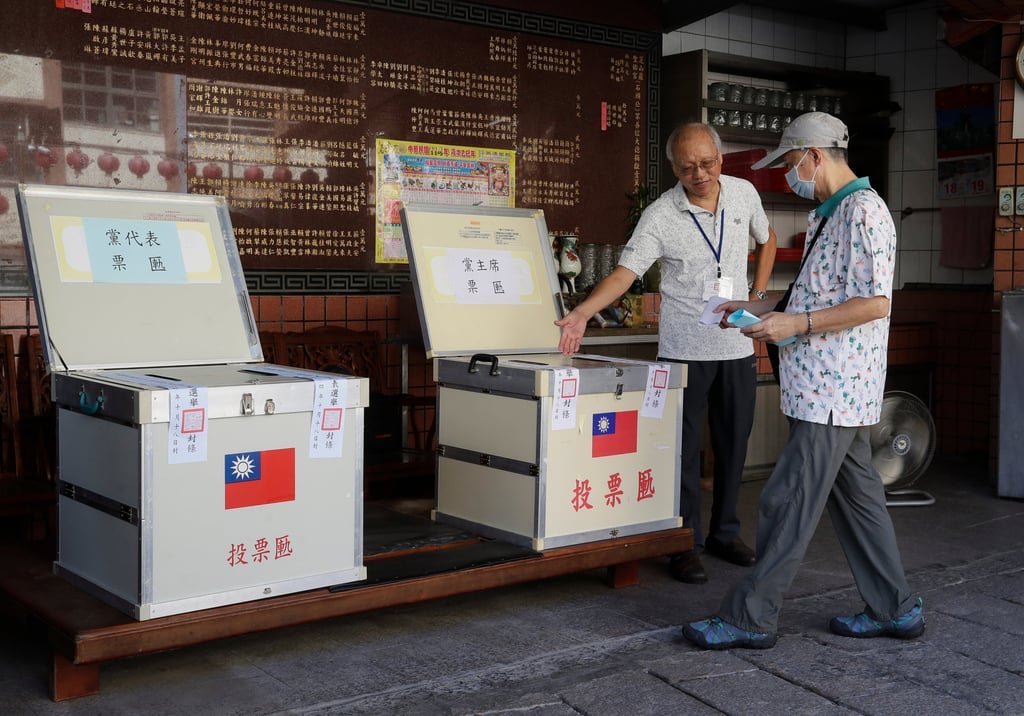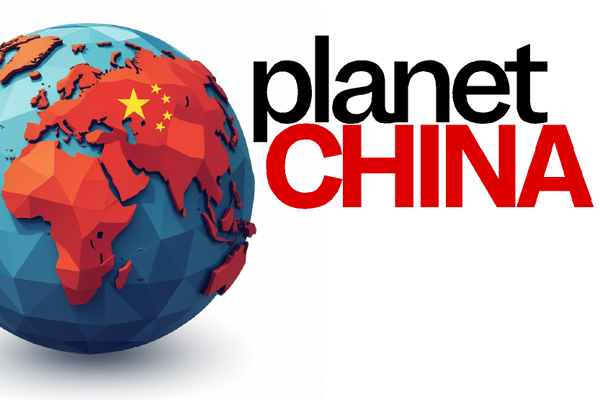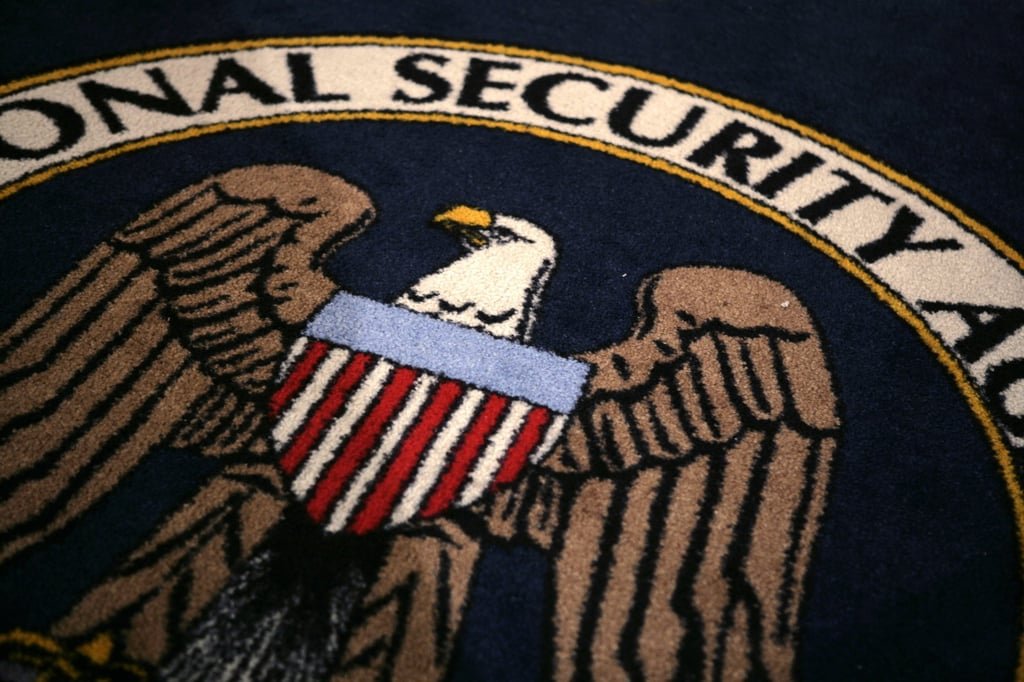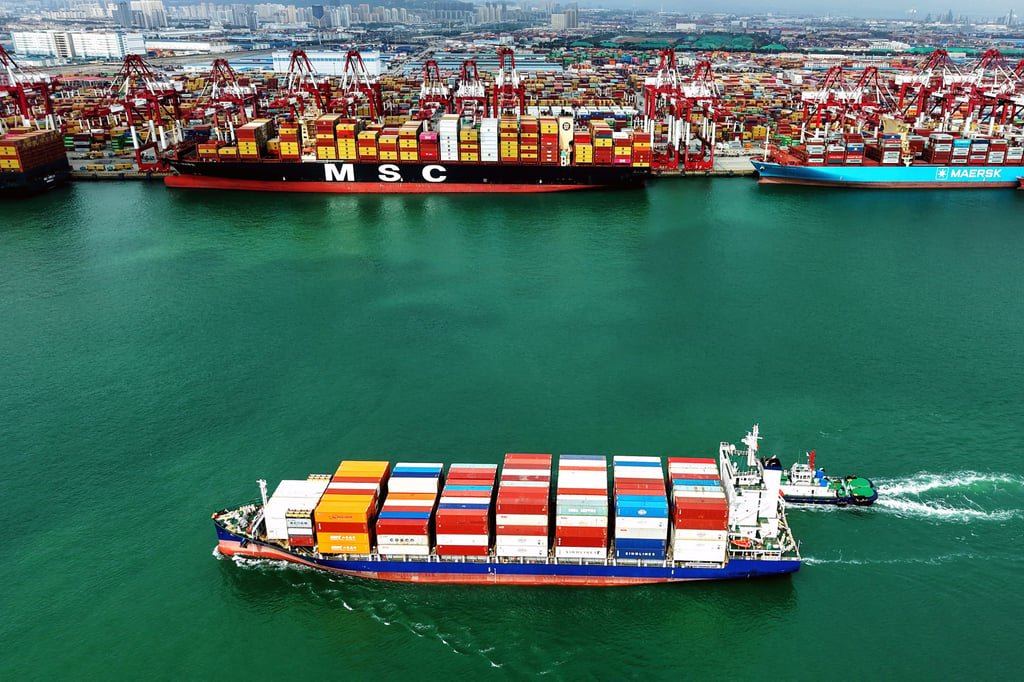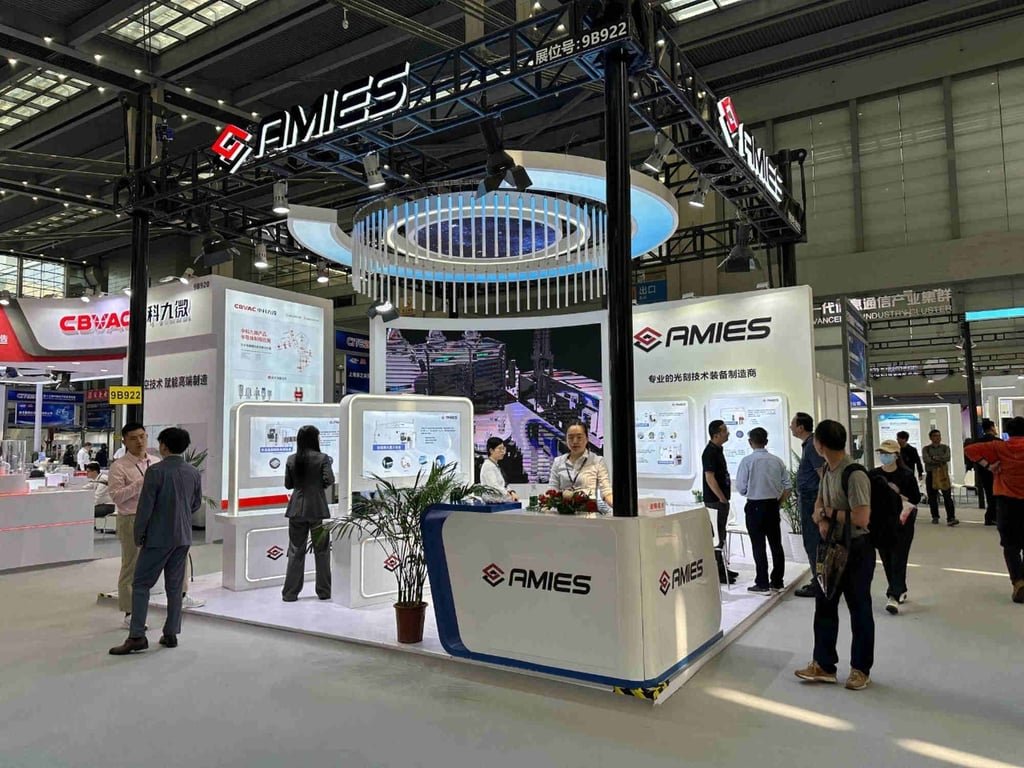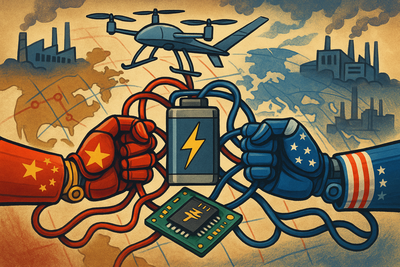
The TOI correspondent from Washington: The trade war between the United States and China dramatically escalated this week, reaching a new and alarming phase after tit-for-tat export controls that rattled markets even as they were closing on Friday. Barring a pullback by both sides over the weekend, more pain is expected when markets reopen Monday, after a staggering $ 1.65 trillion was wiped out of the US stock market when president Trump announced retaliatory measures against Beijing’s move to squeeze supply of critical technologies, including rare earths processing, on which it has a stranglehold. Who fired the first shot is a matter of perspective. The US has long weaponised its head-start on technology advances in areas like semiconductors to punish adversaries (like China and Russia) and even deny it for purported friends (like India). On Thursday, Beijing signaled that it has come of age and two can play the game by adopting similar means in areas where it has stolen a march over Washington. China’s ministry of commerce (MOFCOM) issued a series of four announcements that, collectively, impose new licensing requirements on three critical global supply chains from November 8. They include Rare Earths and Processing Technology, where the controls will now go beyond minerals to include the specialised machinery and technical know-how needed to process them into rare earth elements (REE) which are vital for everything from defence systems such as missiles and drones to EVs. Industrial superhard materials for which controls were extended to synthetic diamonds and cutting tools used ubiquitously in high-precision manufacturing, including for cutting silicon wafers for computer chips.In addition, controls were placed on high-performance batteries and equipment, with new restrictions targeting lithium-ion batteries used in long-range electric vehicles and advanced drones, as well as the factory equipment necessary for their manufacture. Export controls were also placed on graphite anodes and cathode materials, the essential electrodes for all batteries, and the equipment to produce them.According to Beijing, the moves are necessary to “safeguard national security and interests” and prevent “dual use,” echoing the rationale the US has used for its own export controls on advanced semiconductors. “This is absolutely unprecedented. With this China effectively gets veto power over three critical supply chains simultaneously: advanced semiconductors, battery-powered vehicles and drones, and precision manufacturing across industries,” Arnaud Bertrand, a global affairs analyst, noted on X, suggesting China has taken a leaf out of the US playbook. Hours after the Chinese move, president Trump condemned the measures as a “hostile order” and announced a staggering economic countermeasure, declaring the US would impose an additional 100% tariff on all Chinese goods, on top of existing duties, effective November 1, 2025. The White House also announced new export controls on “any and all critical software.” The office of the US Trade Representative (USTR) said the president is “responding forcefully and appropriately to safeguard America’s economic and national security,” accusing Beijing of “ordering the entire world to submit for approval to the Chinese Communist Party-controlled government any export containing rare earths processed or mined in China.“However, experts are divided on who started the trade scrap, with even many western analysts suggesting it is Washington that has been picking fights, including expanding its entities list, in an effort to constrain China’s rise. Just this week, the US added 15 Chinese companies to its restricted trade list, targeted China-based refineries buying Iranian oil with new sanctions, and announced new port fees on Chinese-made freight vessels beginning October 14.Some experts think China’s “all-in” move on export controls is a direct response to this prior US pressure, seeking to demonstrate its own powerful leverage. Rush Doshi, a former National Security Council officials and Georgetown University scholar and author of The Long Game: China’s Grand Strategy to Displace American Order, believes the timing of China’s move —just weeks before a planned meeting between president Trump and president Xi Jinping at the APEC summit—indicates Beijing believes the US “will fold” without a strong retaliatory play.Not if you believe president Trump, derided with the acronym TACO — Trump Always Chickens Out. “For every Element that they (Chinese) have been able to monopolise, we have two. I never thought it would come to this, but perhaps, as with all things, the time has come,” he said in a post on Truth Social.

